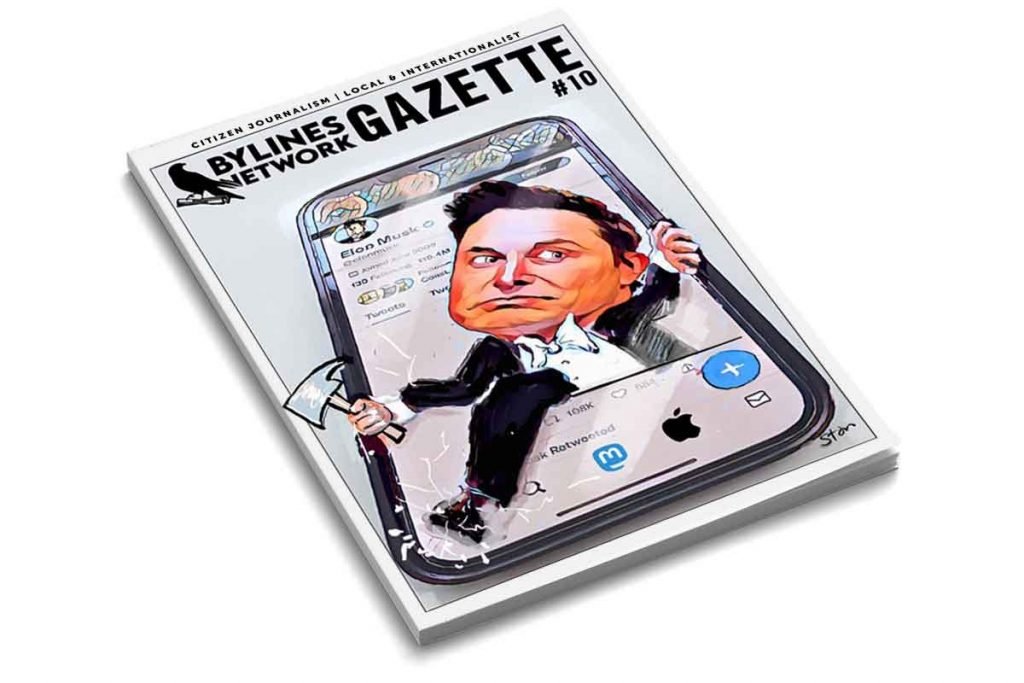Tuesday sees the second day of nurses striking across England, Wales and Northern Ireland after last Thursday’s initial day of industrial action. The public certainly appeared to be on their side at the freezing picket line outside the Freeman Hospital in Newcastle on the first day of action with many many toots of support from passing cars.
Contrary to how it has been reported elsewhere, this is not actually the first time that there have been nursing strikes in this country. Most notably thousands of nurses went on strike in 1988 and settled on what was historically the biggest pay rise nurses had ever had up to that time. However, this is the first time in its 106 year history that the Royal College of Nursing (RCN) has balloted its full membership (standing at 300,000) in all UK countries.
On strike days, staff will continue to provide care in certain areas such as urgent care, but routine services will be disrupted. This comes within a backdrop of industrial action on a mass scale elsewhere including rail and communication workers, driving examiners, and PCS members working for National Highways. Ambulance workers in England and Wales are also set to walk out on 21 and 28of December affecting non-life threatening calls only.
Steve Barclay, the health secretary, along with the rest of the government, is refusing to negotiate with the unions. The government has said they are sticking to the recommendations of the NHS pay review body (PRB) who advises pay rises of around 4% for nurses. This is, of course, a rate below inflation. However, unions have warned they will continue to strike in 2023 if a higher offer is not put forward.
Claps will not pay bills
The RCN has asked for a pay rise which is at 5% above RPI inflation rate (currently over 14%). It has indicated it is willing to negotiate this if the government actually comes around the table with them to discuss it. They are keen to point out that the strikes are also about patient safety. They say the poor pay package nurses are currently being offered compromises patient care because it is neither attracting new people to the profession nor keeping existing nurses. There are currently 46,828 nurse vacancies in NHS England. It is also well known that some nurses are having to use food banks just to survive especially during this cost-of-living crisis. All of this when nurses risked their lives working during the pandemic and, in some cases, while watching their colleagues and patients die of Covid-19. Is it any wonder they are burned out and morale is so low? Claps certainly won’t pay their mounting bills.
In contrast, up in Scotland, Unite and Unison have called off strike action after members have voted to accept an improved pay offer of an average 7.5% from the Scottish government.
This map shows where all the picket lines are in the England, Wales and Northern Ireland.

We need your help! The press in our country is dominated by billionaire-owned media, many offshore and avoiding paying tax. We are a citizen journalism publication but still have significant costs. If you believe in what we do, please consider subscribing to the Bylines Gazette 🙏


